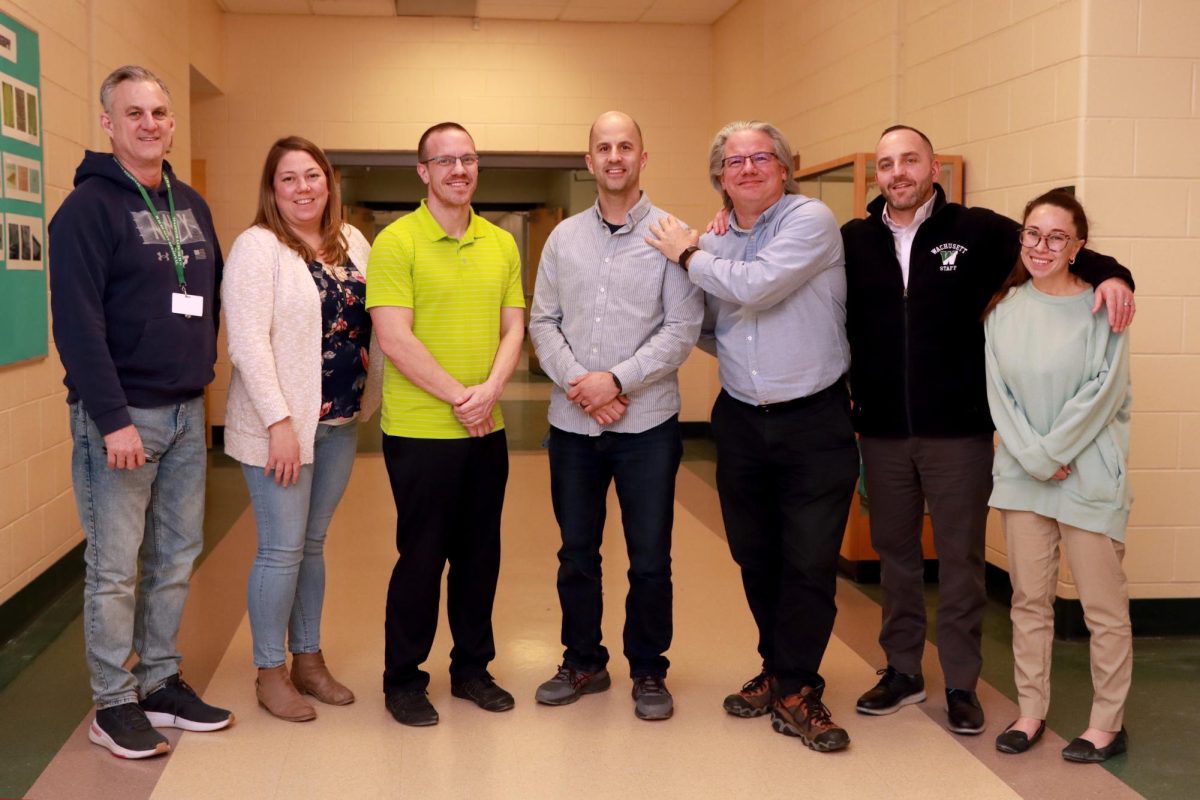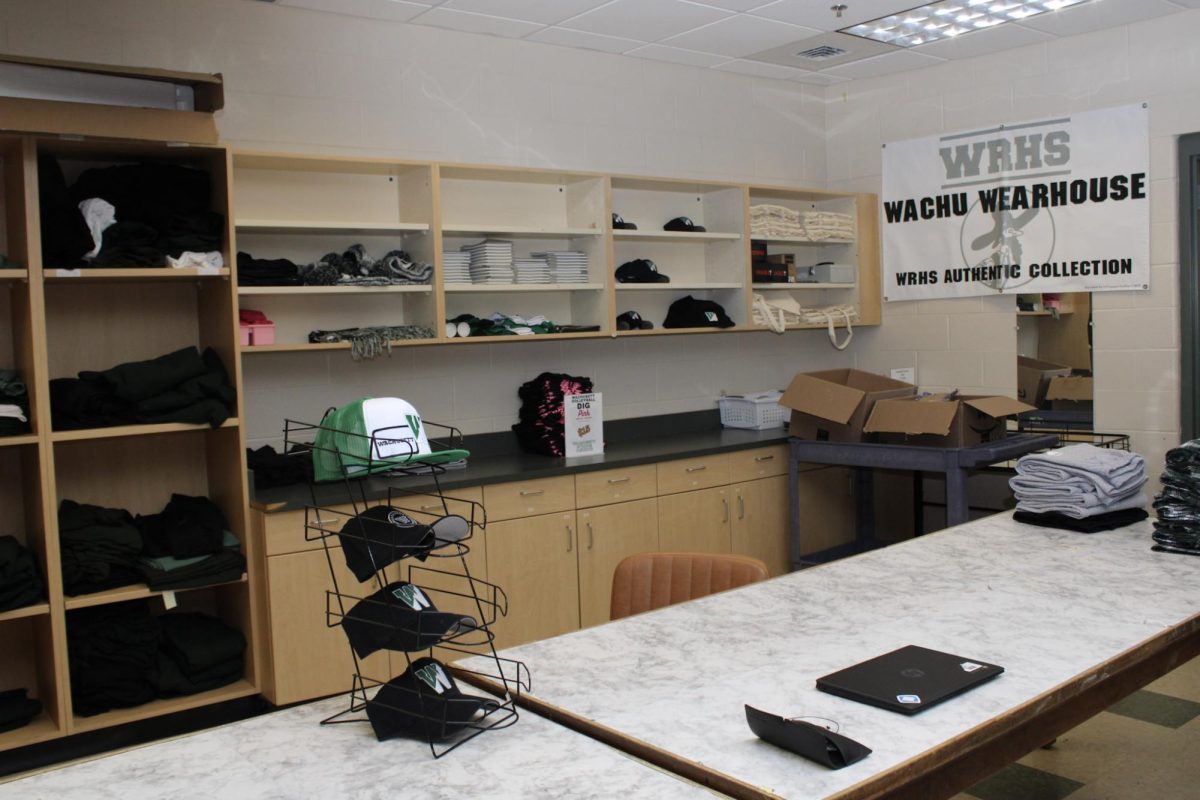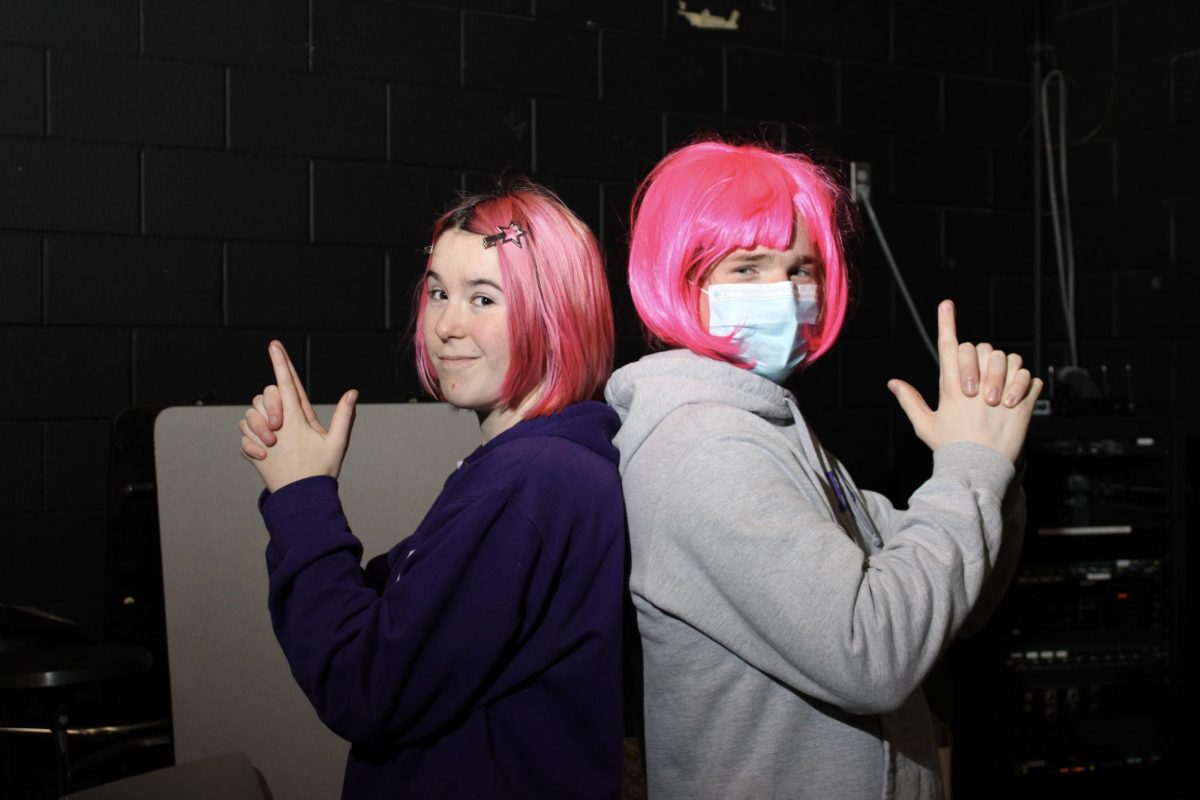March 13th marked the anniversary of the Covid-19 pandemic shutdown. Although five years have passed since then, many still feel the lingering effects of Covid today.
“I had always been an honor roll student. I pushed myself a lot,” said Emily Bicalho. “But after Covid, I totally became a huge procrastinator. I stopped motivating myself.”
Several teachers also noticed the change in student performance.“Students became less independent. They wanted their teachers to spoon-feed them rather than find information on their own,” said English teacher Christopher Tarmey.
Some students say it was the non-traditional workload during Covid that affected their study habits.
“I think it [virtual education] was a necessary way to make sure that kids were still able to learn during the pandemic, but I forget almost everything I learned during it,” said junior Maria Petronino.
Other Mountaineers, though, argue that online learning benefited their education.
“My work ethic got better,” said Owen Palmer. “I was so bored, and I had nothing else to work on, so I did schoolwork to the best of my ability. Covid changed me in a good way, and I took that ethic and exploded with it.”
But still, prolonged time away from structured school made students question what it was like to stay in a building for six hours a day with nothing but school to do.
“I feel like we jumped right back into how it was before the pandemic,” said junior Emma Moisan. “They [teachers] were just throwing work at us. All the work for classes piled on top. Teachers expected us to be learning the same way as before quarantine.”
Junior Maria Petronino agreed.“A lot of the struggles I faced coming back into school had to do with the teachers. A lot of them were not sure how to teach again. Some relied too heavily on materials they used to teach with during quarantine.”
Many students, however, sympathize with teachers and administration, realizing it was a readjustment period for everyone.
“Teachers did their jobs to the best of their ability,” said senior Owen Palmer. “I got to see who really cared. They did what they could.”
Moisan said this change has not gone unnoticed. “I definitely respect my teachers more. I talk to them more. I never used to talk to them unless necessary.”
Tarmey said his style of teaching has changed since online education.“I started thinking about the needs of the students a bit more,” said Tarmey. “I’m not ashamed of it. I think it’s a good thing.”
While students found their way back into the classroom, the administration became even more concerned about the mental health crisis among teenagers in the community.
“There was a youth mental health crisis before the pandemic, but the pandemic put it on display. There is still a youth mental health crisis,” said Director of Counseling Kendra Cantrell.
Students are also aware of the unique ways the pandemic has affected their lives—socially, academically, and mentally.
“It still impacts me when I’m lonely. It [loneliness] reminds me about how awful quarantine was, and how it felt like I had no escape,” said freshman Grace Queen.
Owen Palmer said that the pandemic did not have a harmful effect on his social life, but it did have a positive impact on his educational life.
“I can sit down and eliminate distractions [now],” said Palmer. “And I’m not influenced by my friends, either.”
Senior Natalie Bourgeois said the isolation from the pandemic no longer affects her.“I don’t think it still affects me. I changed a lot as a person. I’m more comfortable now. Covid is over now, you know?”
Tarmey said he agrees “Right after the pandemic, the students looked like groundhogs coming out of their burrows on Groundhog Day, blinking their eyes from the sunlight,” said Tarmey. “But now, students are slowly shaking themselves out of it.”











